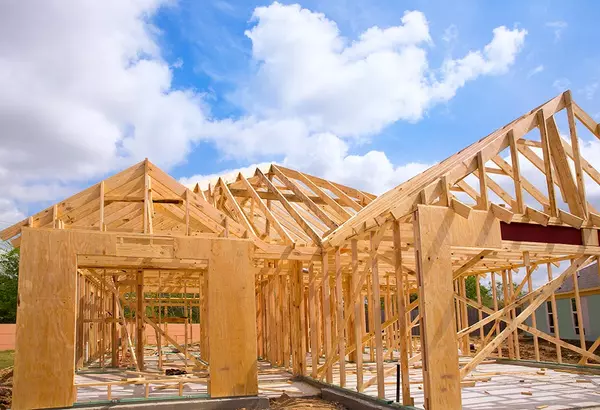
Why Only an Expert Agent Can Accurately Value Your Home
In an era dominated by technology, it’s easy to turn to online tools for answers to just about everything—including determining your home’s value. However, these automated estimates often fall short, missing the key nuances that truly determine your home’s market worth. Before you put your house up

Why Moving to a More Affordable Area Could Be Your Smartest Decision
Are rising living costs leaving you feeling stretched thin? A move to a more affordable area could be the financial reset you need. With skyrocketing prices affecting housing, groceries, and insurance, many people are reevaluating where they live. If you’re looking for a way to cut expenses and impr

Why More Homeowners Are Choosing Real Estate Agents Over FSBO
Selling a house might seem straightforward at first glance, but it’s a process full of challenges, especially in today’s ever-changing real estate market. While going the For Sale by Owner (FSBO) route may initially appear appealing, the reality is that many homeowners find themselves overwhelmed by
Categories
Recent Posts










